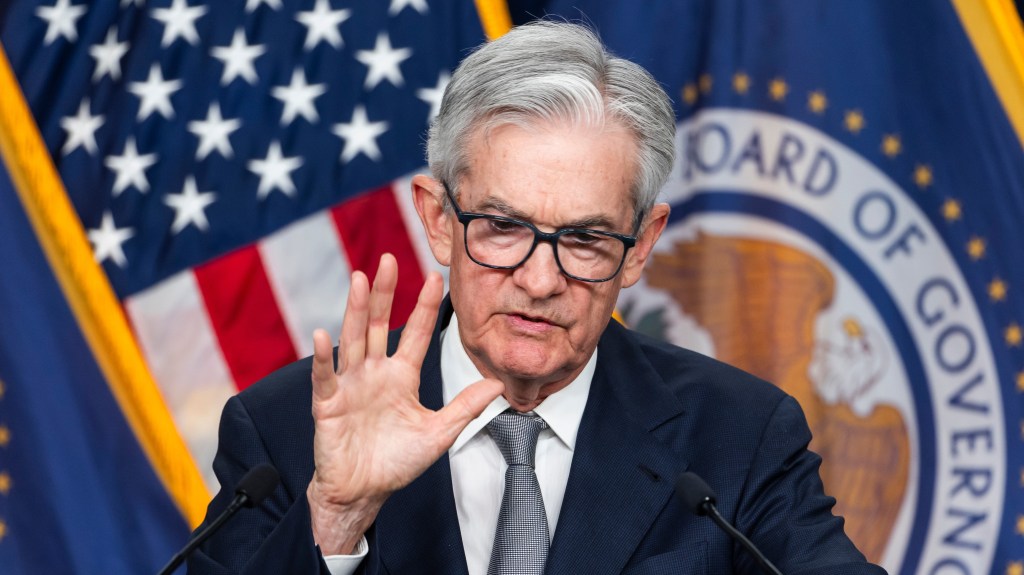Labour’s Future Hangs in the Balance with International Investors
The economic outlook appears bleak, as recently indicated by the prime minister’s remarks. His assessment of a £22 billion deficit in public finances suggests a challenging environment, contrasting sharply with the optimism of 1997.
Following Sir Keir Starmer’s recent speech, numerous analysts scrutinized the party’s position: How can Labour, intending to increase taxes on middle-income earners, truly advocate for wealth creation? Moreover, how do we expect economic growth when those generating the most wealth bear the brunt of fiscal measures?
What seems overlooked, however, is the potential adverse effect of these comments on a crucial group: international investors that the government aims to attract.
Rachel Reeves has been actively promoting the UK as a prime investment destination throughout major financial hubs worldwide. The success of the Chancellor’s forthcoming international summit relies heavily on the investors she has engaged not just showing interest but also committing funds.
Labour’s aspirations depend on the belief that, despite challenging public finances, the UK remains an appealing prospect for investments. The narrative from the government suggests that while current fiscal tightening causes immediate discomfort, it is essential for fostering a stable and inviting economic landscape in the future.
Yet, doubts linger regarding whether investors accept this viewpoint. There is a risk that the pessimistic economic outlook may deter the very capital Labour seeks to attract.
Last week’s fluctuations in UK banking stocks, propelled by concerns both genuine and perceived, highlight the fragility of market trust and how swiftly investors can withdraw at the mere suggestion of forthcoming tax increases.
Labour’s commitment to avoid adjustments in VAT, national insurance, or income tax in the upcoming budget limits their options, leaving them to explore the possibility of increased taxes for high earners and corporations.
Nonetheless, Starmer seems to overlook a vital correlation between domestic growth and corporate success. The profitability of businesses and the overall economy are significantly influenced by consumer confidence and spending. While pledging to maintain current corporation tax rates is commendable, without robust household finances and consumer demand, the outcomes may still lead to profit squeezes for UK companies.
Based on discussions with prospective investors, it’s evident that diverting funds into a market with sluggish consumer growth and an anxious populace is unattractive. Furthermore, any hikes in capital gains tax could prompt major international investors to reconsider attending significant investment events.
Austere fiscal policies are not the sole route available for the UK to pursue. Other European economies are facing similar fiscal challenges yet are adopting measures that prevent additional pressure on households, particularly post-Covid. For instance, despite facing recession and increasing deficits, Germany has recently proposed €23 billion (£19 billion) in income tax reductions to assist families navigating inflation.
The UK’s dominating fixation on public finances is not just distracting; it is detrimental to attracting investments. A cautionary example is evident in China, where rigorous fiscal policies aimed at sustainable growth have led to widespread hardship among families due to minimal government aid and a struggling property market. This approach led to significant capital outflows, the highest recorded since 2016.
While Starmer’s policy choices may appear constrained, a less pessimistic narrative could be beneficial. Although the UK might require financial realignment, pitching a vision of economic renewal will serve us better on the global stage.
In fact, there are grounds for optimism: the UK is currently the fastest-growing economy in the G7; key indicators like GDP, unemployment, and inflation are trending positively. Emphasizing these strengths would resonate with investors evaluating the UK and prevent the alienation of the international capital that is vital for economic growth.
Striking a balance between maintaining fiscal discipline and fostering an inviting investment atmosphere poses significant challenges for the UK. The necessity of balancing budgets implies that taxes must rise for certain groups. However, austerity, regardless of its nomenclature, is often perceived negatively, and international investors are acutely aware of these sentiments.
Seema Shah serves as chief global strategist at Principal Asset Management.




Post Comment